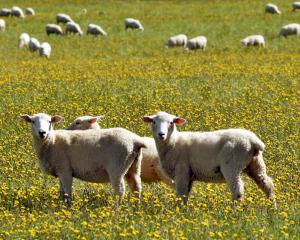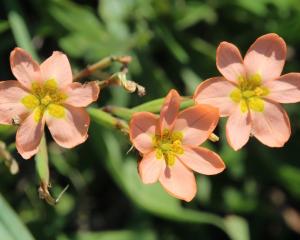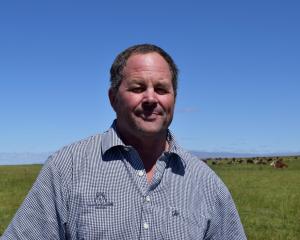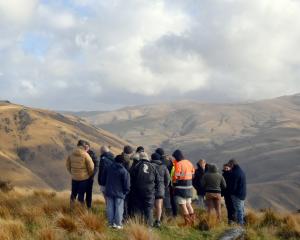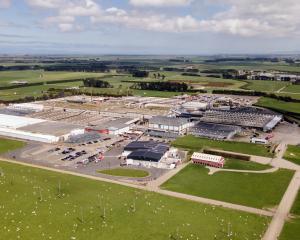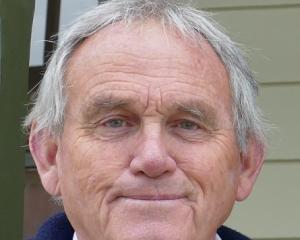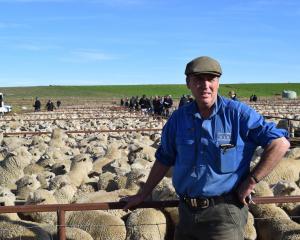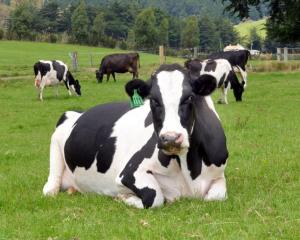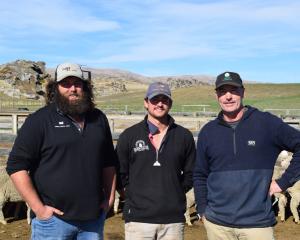Central Otago orchardists are generally happy with the pollination work of bees in the district this season, an apiarist says.
Marsh’s Honey owner Russell Marsh, of Ettrick, said his hives were put in Central Otago orchards to pollinate fruit crops for two months from September.
"We start with apricots, then cherries and blueberries and apples are the last."
He had been receiving positive feedback about pollination activity from the orchardists he had supplied bees to this season.
"For the lion share of who I supply hives to, they are happy enough although the bees need the temperature to play its part."
Mr Marsh supplies hives to The Big Cherry orchard in Coal Creek.
The Big Cherry owner Chris Toms said he used Marsh’s Honey bees for many seasons because they seemed to work well in colder conditions .
Mr Marsh said bees would usually work pollinating crops and collecting honey when it was 8°C or warmer.
He targeted breeding active, healthy bees, which were resistant to cooler temperatures.
"Trying to get the bees to get up earlier at lower temperatures is a good thing for the orchardist."
Most of his bees were working in the clover fields on high-country farms in January and February.
"The only time the bees can pollinate the clover is this time of year, so you’ve got to ship them up there to do that job."
Bees did not normally live at high altitude, so they needed to be taken to the high country to pollinate clover.
The farmer and apiarist had a mutual respect for each other, as the bees' work produced feed for livestock and honey for the apiarist.
"It is a win-win situation."



